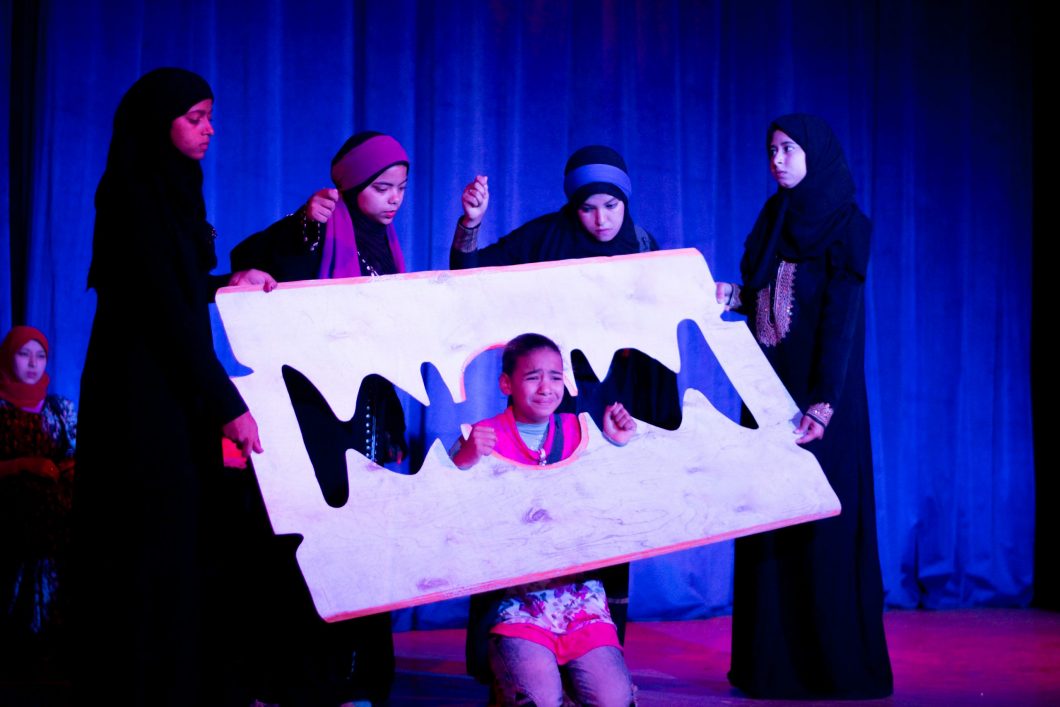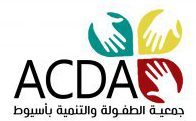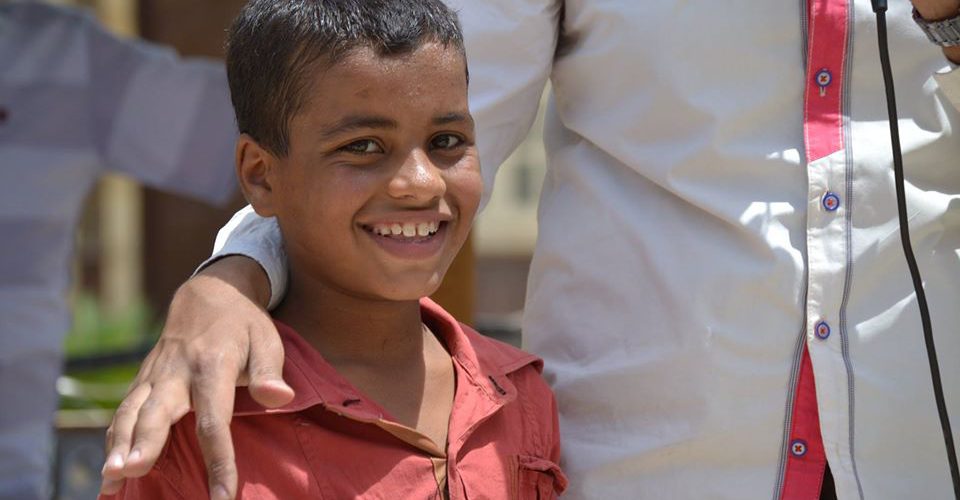Assiut Childhood and Development Association started caring for children in danger, such as children with special needs, dropouts from education, labor children and street children, then it paid great attention to monitoring children at risk by protecting them from dangers that may be exposed in their environment through activities to raise awareness of families, teachers and those around children.
ACDA also participated in amending the child law through implementing several round tables with the stakeholders and decision makers. Moreover, It was one of the first NGOs in Asyut Governorate that activated child protection committees.
Attention to children’s rights began in 1989, when Egypt signed the International Convention on the Rights of the Child, and the Child Act has stated the formation of committees to protect children at two levels (governorate and district) as a mechanism to protect children and monitor children at risk, and provide appropriate solutions to cases that were monitored , address injustices experienced by children as well as raise awareness of child rights and harmful practices, especially FGM.

Mechanism of reporting children at risk
Child hotline 16000
ACDA is responsible for the child hotline of the National Council for Childhood and Motherhood in Assiut Governorate since 2015, which aims to monitor children at risk directly. At the beginning, ACDA was monitoring all children exposed to any danger stated by the law and provide services that help in eliminates that danger. But now, ACDA focuses on monitoring the children who are exposed to a grave danger that should be eliminated instantly, and within twenty-four hours maximum.

Orphan Care

Since 1999, ACDA sponsors 89 orphaned children, till the age of 18, priority is given to the younger ones. They are given cash, winter and summer clothes, foodstuffs, As well as, ACDA always involve them in the celebrations sponsored by public and private sector companies. Donate to sponsor an orphan.
Child labor

“Improving the situation of working children in Assiut” is a project implemented by ACDA in 2006, for two years, funded by Participatory Development Program, in order to improve the situation of working children in Assiut governorate through:
- Assess the needs of working children and achieve the best health and social care for them, by providing occupational safety tools and health cards so that they can carry out their work in safety.
- Mobilize the community and the public opinion, as well as activating the role governmental bodies to face the issue of abusing the working children.
- Raising the community awareness (children, workshop owners, and parents) of the rights of the working child, the principles of security and occupational safety, how to conduct first aid, the psychological development stages of the child, and how to deal with the child during these stages.

